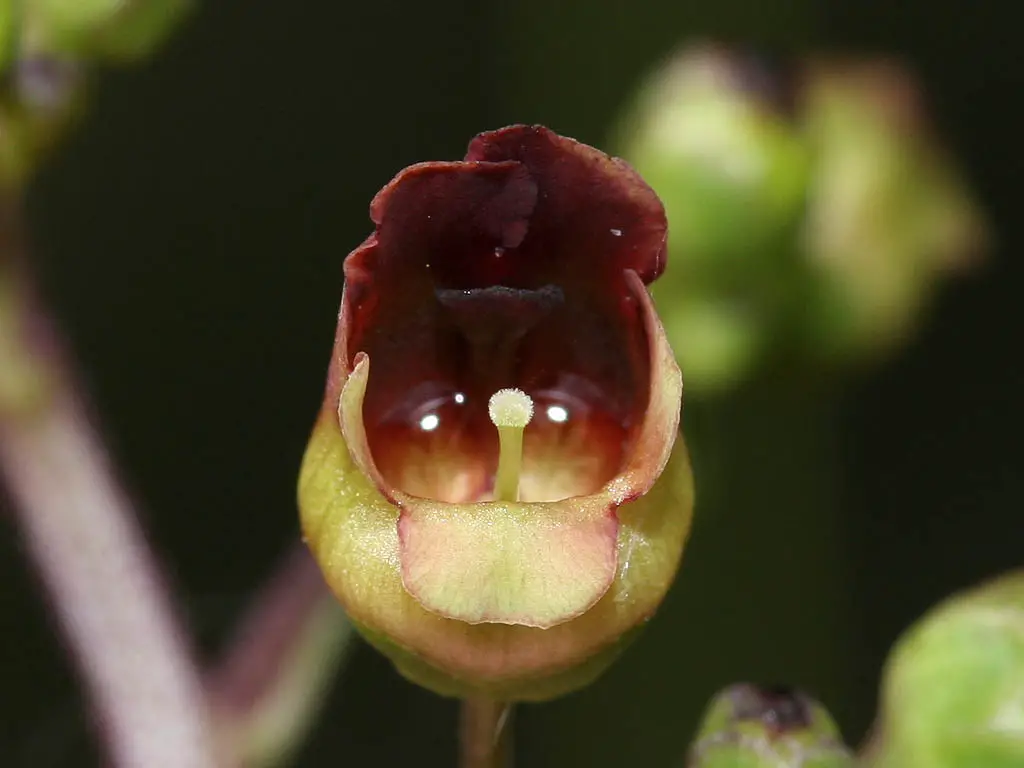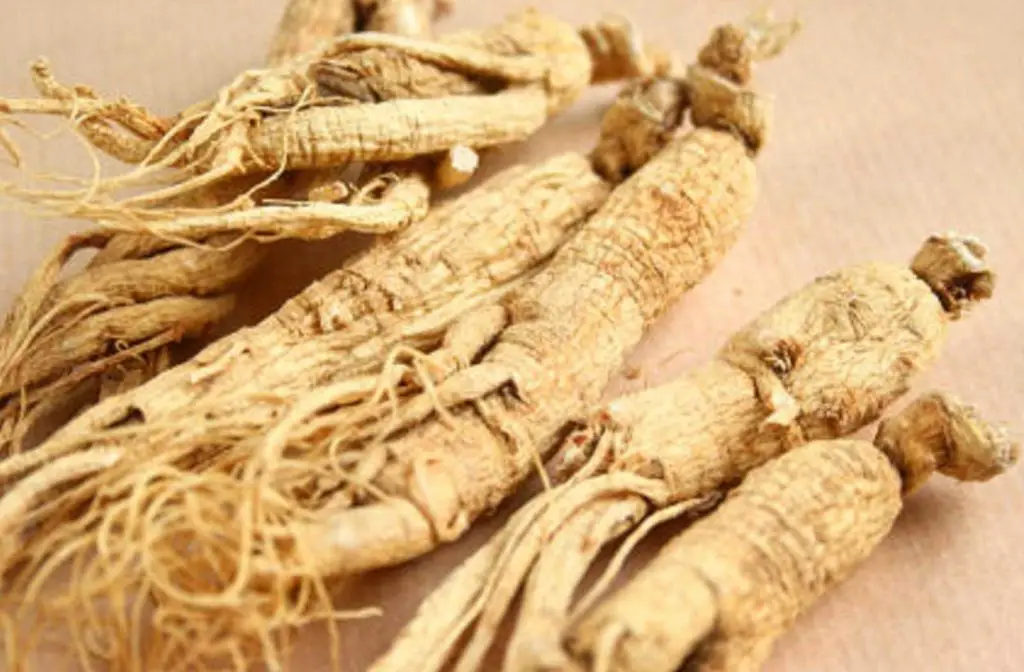How do Probiotics Help with Vaginal Health?
Probiotics are strains of live bacteria cultures that can be used promote healthy functions of many organs, including the female reproductive system. In the vagina, probiotics work to maintain a good balance of the healthy bacteria and microorganisms that normally live in your body, typically by restoring a healthy vaginal pH, promoting the growth of beneficial microorganisms, and/or by making the vagina an inhospitable environment for unhealthy microorganisms like bacteria, viruses, and yeast. Probiotics can make the vagina a difficult place for harmful bacteria to live in several ways, such as producing compounds like lactic acid and hydrogen peroxide which make the vagina an inhospitable environment. Probiotics also boost the immune system, making it better able to fight and stave off infections, including those associated with women’s heath like yeast infections, bacterial vaginosis, and various viruses. I personally recommend taking prebiotics along with probiotics as together they make a potent combination to support beneficial bacteria.
What is a Yeast Infection?
Yeast infections, also known as thrush or Candidal vulvovaginitis, are often caused by a strain of yeast called Candida albicans, although there are several other species of Candida that can also lead to a yeast infection. Yeast infections have very distinct symptoms that include a pale yellow or while discharge that resembles cottage cheese. Many women also report irritation and itching, and in some cases even abdominal pain. Yeast infections are very common, and over one-third of women experience a yeast infection at least once during their lifetime. Up to fifty percent of women experience recurrent episodes of thrush, and up to eight percent of women even experience chronic yeast infections. Chronic yeast infections can often be very difficult to manage and can cause a great deal of physical and mental stress for women who experience them. Yeast infections, as well as many other types of vaginal infections, can affect women of any age at any time.
What Causes Candida Infections?
Normally this happens when there is a drop in Lactobacillus, a type of good bacteria, in the vagina. Lactobacillus imbalances can be caused by low estrogen levels or by a drop in vaginal pH, and when this bacteria declines, Candida can proliferate in the vagina. Other factors like diet, medications, hormonal changes, douching, scented pads, and even tight or irritating clothing have also been linked to yeast infections. Many of these factors cause imbalances in the healthy microflora of the vagina, and that imbalance can allow unhealthy organisms, like the fungus Candida that causes yeast infections, to proliferate. These harmful microorganisms will often continue to proliferate until a healthy balance of bacteria is restored.
Do Probiotics Help with Yeast Infections?
Treatments are usually aimed at increasing the level of Lactobacillus in the vagina, which in turn will reduce the populations of the Candida fungus that causes the condition. There are prescription and over-the-counter antifungal treatments available that are designed to treat yeast infections, and these can be taken orally or as vaginal suppositories. However, many people also find success by eating fermented probiotic foods or by taking probiotic supplements. This is particularly the case for women who may be experiencing chronic yeast infections that have proven to be difficult to treat. Some probiotics have shown in experimental studies and clinical trials to inhibit the growth of harmful bacteria. At the same time, the good, probiotic bacteria make it more difficult for the fungal cells associated with yeast infections to adhere to the vagina wall.
Which Strain of Probiotic do I need?
There are several types of probiotic formulas aimed at treating various conditions that afflict the female reproductive system. However, these formulas usually have one strain of bacteria in common: Lactobacillus. There are several strains of Lactobacillus that are known to have beneficial effects on vaginal health, and Lactobacillus has shown in many studies to be effective in treating several vaginal issues, as discussed below. Many women wonder if taking probiotics is really necessary for vaginal health, because the vagina is a self-regulating organ. While this is normally the case, women today are subjected to numerous medications, supplements, and other products that can upset the balance of the microorganisms in the vagina. Depending on the condition that needs to be treated, your probiotic needs may vary. When choosing a probiotic, make sure it has the correct types of probiotic bacteria (usually Lactobacillus for women’s health issues), and that it has a sufficient dose to treat the intended condition. There are various ways to use probiotics for vaginal health ranging from eating probiotic foods to supplements to suppositories. When it comes to using probiotics, the timing of consumption is also important. Luckily, probiotics are generally considered to be safe and easy to use with only minimal, if any, side effects. However, those with compromised immune systems should consult with a physician before taking probiotics.
Best Strain of Probiotic for Vaginal Health?
To support general vaginal health, the types and amounts of probiotics still depends of factors like age. Generally, younger women can usually benefit from fewer probiotic cultures than an older woman. Women who live a more sedentary lifestyle may also benefit from larger amounts of probiotics than those who are more active.
When picking a probiotic supplement to promote good vaginal health, it is important to pick a supplement that has numerous strains of different bacteria species. This is not the same thing as the number of live cultures, which simply refers to how many live bacteria are contained within a supplement. A lower dose that is recommended for younger and more active women may still contain ten billion live cultures, but this does not refer to how many different strains of cultures there are in the supplement.
If taking a probiotic supplement for general vaginal health, it is also important to follow the storage instructions, as the probiotic bacteria may die if exposed to extreme heat or cold.
Best Strain of Probiotic for Yeast Infections?
As explained in an earlier portion of this article, yeast infections occur when there is a drop in pH which allows the Candida fungus to proliferate. To treat a yeast infection, there are two kinds of probiotics to look for. The first is Lactobacillus, and it should be easy to find in many probiotic formulas as it is one of the most popular strains. Some brands of probiotics even contain multiple strains of Lactobacillus in the same formula.
Previous studies have shown that this probiotic can shorten the duration of a yeast infection. In 2001, four researchers from the University of Western Ontario tested the effects of two different strains of Lactobacillus. They divided the two different strains randomly among forty-two women with varying degrees of vaginal health and various compositions of vaginal microflora. The outcome showed that twenty-eight days of oral supplementation of Lactobacillus resulted in improvements of the microorganism content in the vagina of these women.
Another study, a double-blind clinical trial performed in on 191 heathy women in 2006, showed that high amounts of Lactobacillus are correlated with low amounts of harmful microbes, and women who ingest this probiotic are less likely to garner a yeast infection.
Additionally, Lactobacillus has been known to help with digestion. Bifidobacteria is another strain that can also aid in the treatment of yeast infections, and it has numerous other benefits including improved digestion, improved immunity, and increased Vitamin B synthesis. In some cases, it can also reduce inflammation caused by vaginal irritation. There are two species of Bifodobacteria that are known to have beneficial effects on vaginal health, and formulas may either contain one or both. These strains are typically found in lactic-acid based formulas, and they work to prevent the death of good bacteria when you are taking a course of antibiotics.
Best Strain of Probiotic for Bacterial Vaginosis (BV)?
Bacterial Vaginosis, also known as BV, develops when the vagina pH is above 4.5, and it can also be linked to Lactobacillus. It can be caused by several different species of bacteria that flourish when your levels of Lactobacillus decline. BV is usually treated using antibiotics, but those drugs kill both good and bad bacteria. Probiotic supplements taken after BV treatments can help restore a healthy balance of good bacteria in the vagina. The recurrence of BV is high in comparison to other vaginal infections, but the use of probiotics has shown to be successful in numerous studies at preventing the recurrence of BV and restoring a healthy vaginal microbiota.
In a study published in 2006, researchers from the University of Benin performed a clinical trial on 125 healthy premenopausal women who were recently diagnosed with BV. All the women were given a standard anti-biotic treatment for their BV infection, but they were also given either an additional Lactobacillus probiotic treatment or a placebo supplement. The results showed that 88% of those women who were given Lactobacillus in addition to the antibiotic were considered cured of their BV, whereas only 40% of those women who were given the placebo were considered to be cured. The researchers concluded that oral supplementation of Lactobacillus is effective in treating BV when used in combination with standard anti-biotic treatments.
Best Strain of Probiotic for Vaginal PH Balance?
As has been previously discussed, changes in pH can have big implications for vaginal health. A pH that is too low can lead to yeast infections, and a pH that is too high can result in BV. By taking probiotics that contain strains of Lactobacillus, a healthy vaginal pH can be maintained. Most probiotic formulas designed for women’s health contain one or more strains of Lactobacillus in order to keep the vagina at the optimal pH. However, it is important not to substitute your women’s health probiotics with other probiotics, as many other formulas do not contain Lactobacillus and will likely be ineffective.
Which Probiotics are Best for Overall Vaginal Health?
There are numerous probiotic supplements available, making it difficult to know which is best to purchase to promote overall vaginal health. Additionally, there is a great amount of variety between products, and not all formulas contain the same probiotic bacteria. However, there are some that have shown to be better working and are backed by numerous reviews and testimonies:

Renew Life – Ultimate Flora Probiotic Women’s Care
Pros
This probiotic is a popular choice because it contains ten different strains of bacteria that are beneficial for women’s health. Each dose contains over fifty billion live cultures which has shown not only to promote generalized vaginal health, but also fights strong yeast infections and BV. The numerous strains and high culture count helps to restore the vagina after its microbiome has been depleted following antibiotic treatments. Aside from promoting vaginal health, many women also report that taking this probiotic designed for women’s health also helped with persistent digestive issues.
Cons
The cons of this brand of probiotics are few, although some medical professionals note that the dosage may be too potent for younger, healthy women. Some women also report an upset stomach after taking the recommended dose of one capsule.

PRO-Women: Probiotics for Women with Cranberry Extract & 100% Naturally-Occurring D-Mannose
Pros
Many recommend this formula because it contains six different strains of probiotic bacteria, and each dose has five billion live cultures. This brand is also popular because it contains cranberry extract and D-mannose, which are both great for treating urinary tract infections and bladder infections as well as promoting good vaginal health. Although this brand contains fewer live cultures, it is great as a daily supplement that will not be too harsh on the body. High dosages can also be taken if dealing with a yeast infection or BV.
Cons
This formula contains fewer strains than other brands, and many women do not like that it takes more capsules to treat certain infections.

Balance Complex Vaginal Health Dietary Supplement
Pros
Although this brand only contains one probiotic strain with four billion cultures, the formula also contains numerous other herbs and medicinal plants that also promote vaginal health as well as overall health. This formula is specifically designed to treat and prevent yeast infections, and it is backed by a money-back guarantee.
Cons
This formula only contains one probiotic strain, which is not typically recommended when looking for a probiotic formula. The additional ingredients can also be allergens for some people, and thus it is important to check the ingredients before ingesting.
References:
https://www.ncbi.nlm.nih.gov/pmc/articles/PMC2662373/
https://www.ncbi.nlm.nih.gov/pmc/articles/PMC4489123/
https://www.ncbi.nlm.nih.gov/pubmed/16790461
https://www.ncbi.nlm.nih.gov/pubmed/25362524
https://www.ncbi.nlm.nih.gov/pmc/articles/PMC3156505/
https://www.ncbi.nlm.nih.gov/pmc/articles/PMC5248517/
https://www.ncbi.nlm.nih.gov/pubmed/22468339
https://www.ncbi.nlm.nih.gov/pmc/articles/PMC3249696/
https://www.ncbi.nlm.nih.gov/pmc/articles/PMC3819307/
https://www.ncbi.nlm.nih.gov/pubmed/17633390
https://www.ncbi.nlm.nih.gov/pubmedhealth/PMH0013860/
https://www.ncbi.nlm.nih.gov/m/pubmed/12577502/
https://www.ncbi.nlm.nih.gov/m/pubmed/27856152/
https://www.ncbi.nlm.nih.gov/pubmed/24473986





